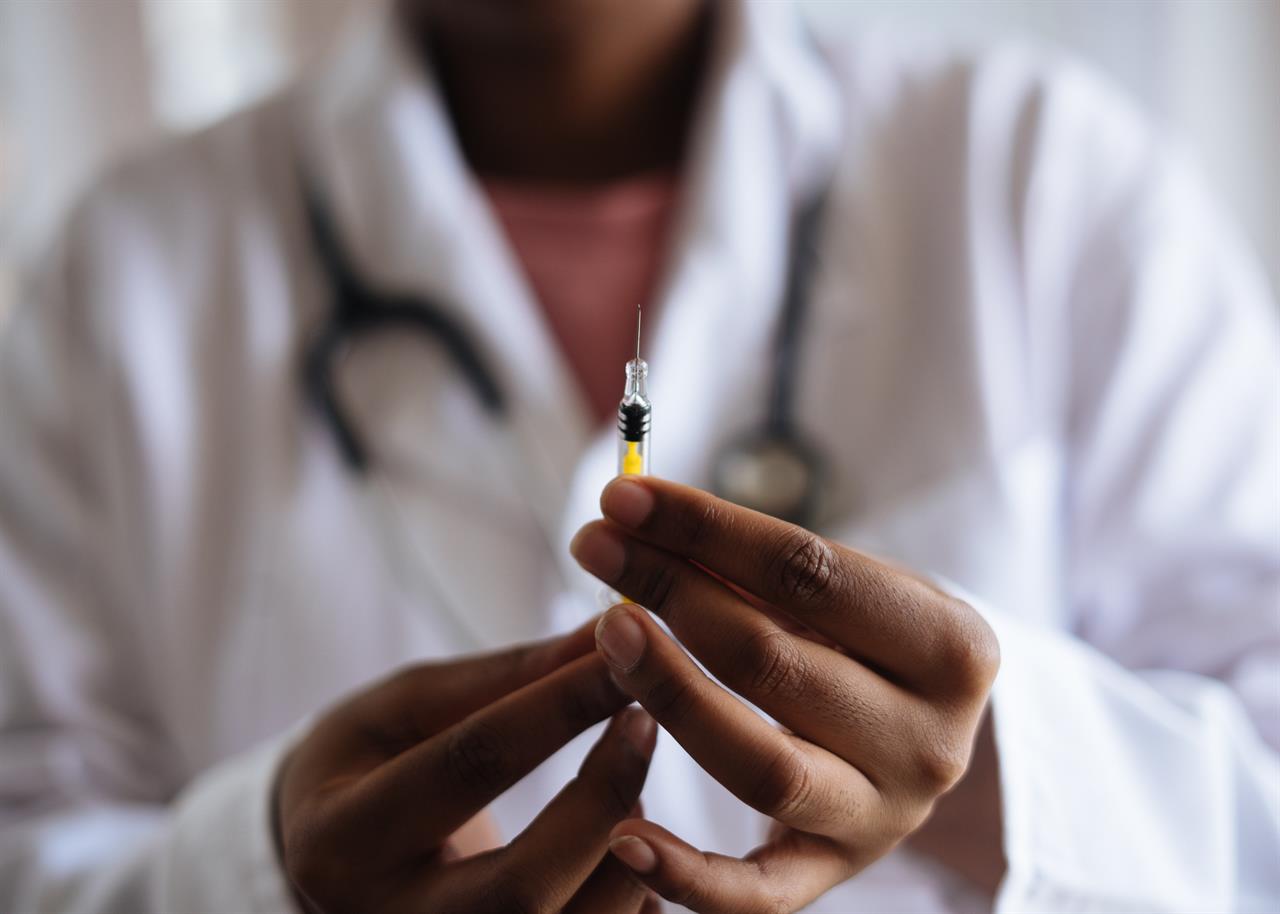With the excess of financial resources poured into pharmaceutical companies for failing to enforce their decisive contribution, governments could have strengthened public health systems. This is supported by a group of Italian researchers who carried out a study at the request of the European Parliament, Special commission on lessons to be learned from the pandemic. Massimo Florio e Simon Gamba (University of Milan) e Clare Pancotti (Csil) explain that “the decisive contribution in the identification and development of vaccines that have contributed to saving the lives of citizens from the Covid-19 pandemic in Europe, in the USA and elsewhere, has come from the States, i.e. from the taxpayers, who they have put their own funds at risk far more than companies have done, both in research and development and in the start-up of production. It is therefore a completely different reality from the narrative according to which the results obtained with vaccines are mainly due to the risk taken by pharmaceutical companies”.
The study presents the first estimate ever made of how much investment companies and states, private and public, have made to identify and develop vaccines before they knew they worked (therefore investments “at risk”). For the nine vaccines examined by the study, the research estimated that companies made investments of five billion euros for research and development and 11 billion for productive investments before having the certainty of sale, for a total of 16 billion. Against them, from outside, almost entirely coming from the States, they arrived at the companies non-repayable grants of nine billion for research and development (with enormous variability between receiving companies and largely from the USA) and $21 billion in upfront purchase agreements (in similar parts from the USA and the European Union), i.e. before the authorization of the vaccines themselves, for a total of 30 billion euros.
“In summary, most of the financial risk that allowed the nine vaccines examined was assumed by the public sector, not by companies,” he comments. Fabrizio Barca, co-coordinator of the Inequalities and Diversity Forum – ForumDD. «This datum denies, in the first place, that the very high extra-profits made by pharmaceutical companies in the sale of vaccines which, for some of them have reached tens of billions of euros per single company, are to some extent justified by the market risk they hired. A twice greater risk has been assumed by the States with means of the taxpayers (of today or of tomorrow). But in the face of this risk, the States have not exercised the function of governing and controlling the decisions on prices and distribution which are the responsibility of whoever assumes the majority of the risk».
A distortion that is likely to worsen further in the immediate future, given that Moderna and Pfizer have announced their intention to quintuple the price per dose to about $100 from the current $20, and that immunization only lasts a few months. So you will start again having to pay an unlimited bill. Moreover, argues the study, without the very strong price differentials between the various vaccines being accompanied by any assessment of the differences in their effectiveness.
A strong course correction is clearly needed to face the possible developments of the current pandemic and any similar emergency in a completely different way. The choice made so far by the European Union with Hera does not go in this direction, but confirms it the logic of public subsidies in research and development activities over which the states have no say. “We need a European public intervention to predict and deal with the next pandemics and for other already visible emergencies”, is the opinion of the researcher Massimo Florio, who is also a member of the ForumDD. «In crucial fields for health, it is necessary to develop drugs, vaccines, diagnostics and other remedies, to be offered to citizens as common goods: with Research and Development also in collaboration with private companies, but keeping the ” intellectual property” and strategic decisions on the whole cycle of biomedical and drug innovation in those fields”.
The study argues that it is immediately necessary to regulate at European level the sharing of price and distribution decisions between private and public in relation to the size of their respective investments. When fully operational, the appropriate path is to start the construction of a public infrastructure, like the one proposed in the previous study Biomed Europacarried out by the same economists for the Science and Technology panel of the European Parliament (Stoa), starting from an idea already developed in 2019 in the ForumDD. The study will be illustrated in Italy on April 12 at 11 am Basso Foundation of Romeduring an event on the decisive theme of how to stop the process of concentration of knowledge, which is the primary cause of the grave, growing inequalities and injustices.
